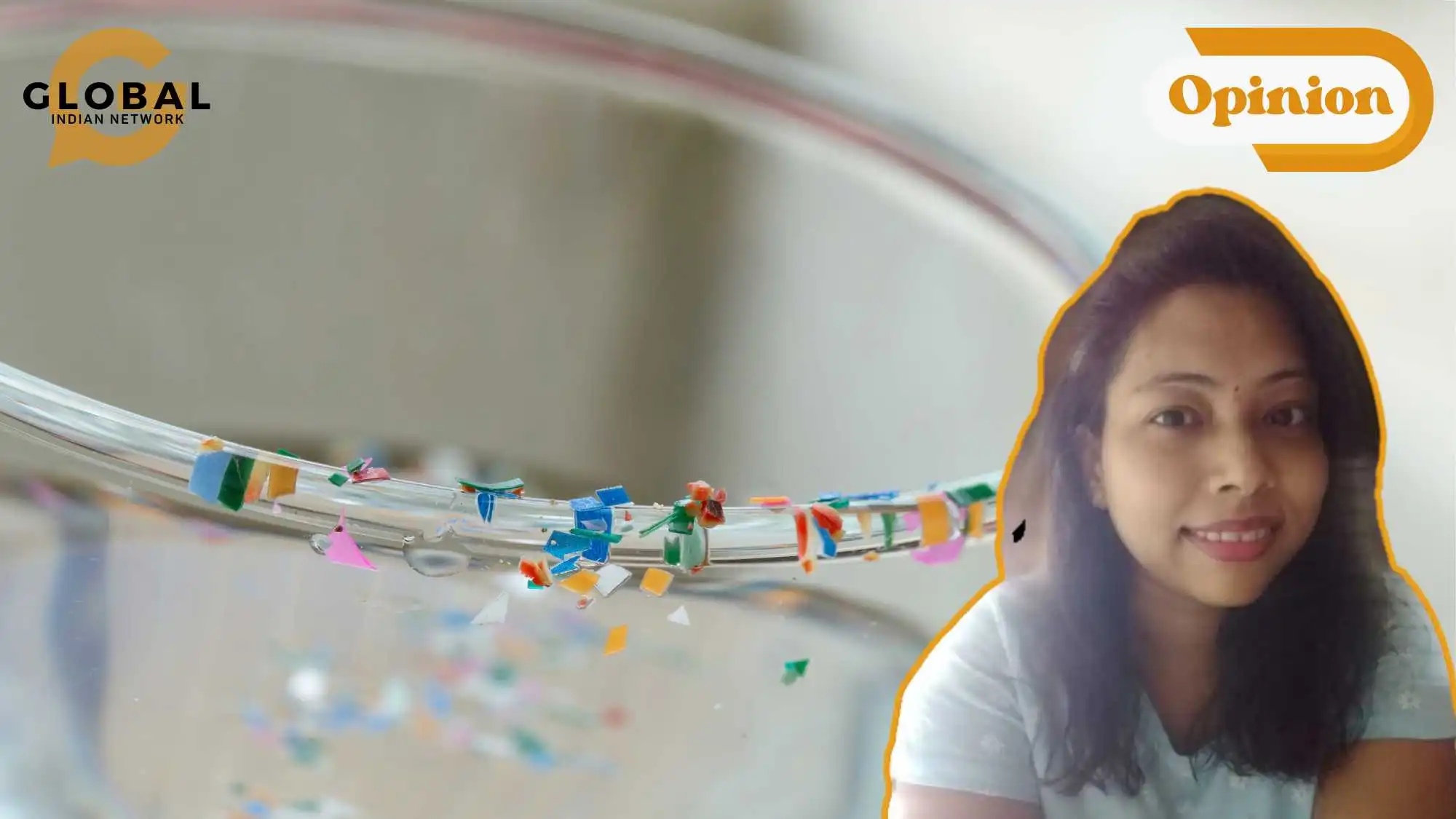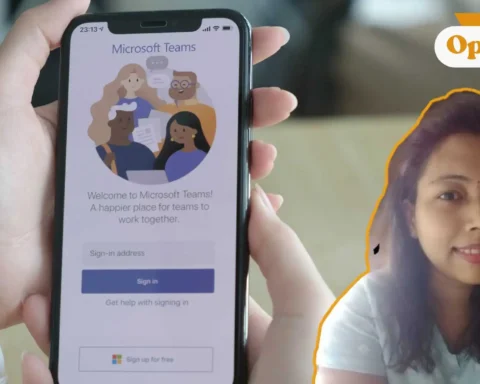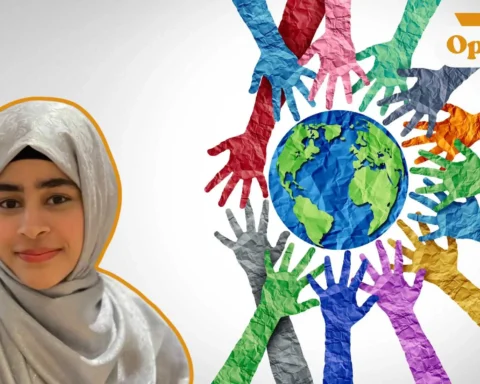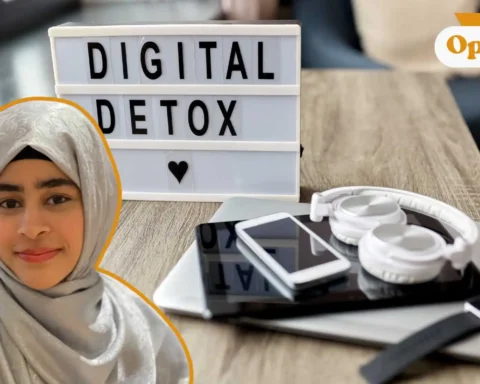The Alarming Rise of Microplastics and Their Hidden Dangers
Imagine being in a crucial meeting in the conference room, your stomach growling as loudly as the microphones in the room. The reminder hits you – you skipped breakfast and reached your workplace early this morning. Instinctively, you reach for the water bottle beside you to quench your thirst and subside your hunger. But before you take that refreshing gulp, what if you were told that this seemingly harmless water bottle contains millions of microplastics? Yeah, that's right. We're talking about microplastics, those tiny plastic fragments infiltrating every corner of our planet, including our water bottles.
Now, before you spit that water on your colleagues in disgust (don't!), let's dive deeper into this alarming discovery. Scientists from Columbia and Rutgers universities recently made waves (not the ocean kind, thankfully) with their research on microplastics in bottled water. It turns out that those plastic bottles aren't just housing your H2O; they might be teeming with millions of microscopic plastic particles, known as nanoplastics. Yes, millions! That's a staggering 90% more than previous estimates, and these fellas are even tinier than a human hair's width.
The study, published in the prestigious Proceedings of the National Academy of Sciences, looked at three popular bottled water brands and found these nanoplastics chilling in their water. Where do they come from? It turns out they might be sneaking in from both the bottles themselves and the filters used to purify the water. Fun, right?
Now, the big question is: are these tiny plastic invaders harmful? We don't have all the answers yet, but researchers are concerned. These nanoplastics can penetrate tissues, and some even contain cancer-causing chemicals. Not exactly the kind of guest list you want for your internal party.
Of course, the bottled water industry isn't thrilled about this news. They're raising concerns about the lack of standardised measuring methods and the need for more research. But hey, that's why we keep asking questions and digging deeper, right?
But the plastic problem isn't just about bottled water. Microplastics are found in oceans, food, and drinking water, with ongoing efforts for a global plastics treaty. Each day, an estimated 8 million pieces of plastic enter the oceans, contributing to the staggering 14 million tonnes already accumulated on the ocean floor. The global plastic pollution crisis, with over 430 million tonnes of plastic produced annually, continues to raise environmental concerns.

Microplastics extend beyond the confines of the oceans, infiltrating freshwater ecosystems such as lakes, rivers, and even drinking water sources. The pervasive presence of these minuscule plastic fragments is infiltrating the food chain, affecting organisms from plankton to fish and shellfish. This emerging issue raises substantial concerns about human health, as there is mounting evidence that we may unwittingly ingest microplastics along with our food.
So, what can we do? Here's where you come in:
- Ditch the single-use: Opt for reusable bags, bottles, and straws. Every plastic straw you skip is a victory!
- Choose wisely: Look for products with minimal packaging and support brands committed to sustainable practices.
- Raise your voice: Talk about microplastics with your friends, family, and even your politicians. Awareness is key!
- Invest in research: Support initiatives that study the health impacts of microplastics and find solutions to this crisis.
Remember, every small step counts. Together, we can turn the tide on plastic pollution and create a cleaner, healthier planet for ourselves and future generations. So, what are you waiting for? Ditch the plastic, grab your reusable bottle, and join the movement! Let's make the world a less microplasticky place, one sip at a time.
Do you have burning thoughts or opinions? We'd love to hear them! Share your thoughts and ideas in the comments below, and let's get this conversation flowing. Together, we can make a difference!

If you have burning thoughts or opinions to express, please feel free to reach out to us at larra@globalindiannetwork.com.











[…] only about 5 millimeters in size, microplastics are a growing menace lurking underneath ocean waves, in the rivers, in the wind, and even inside […]